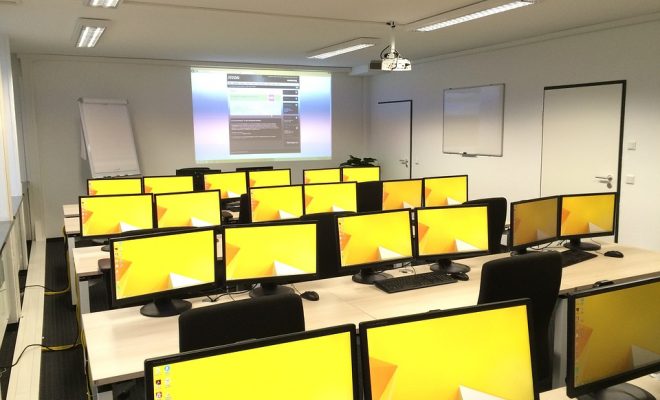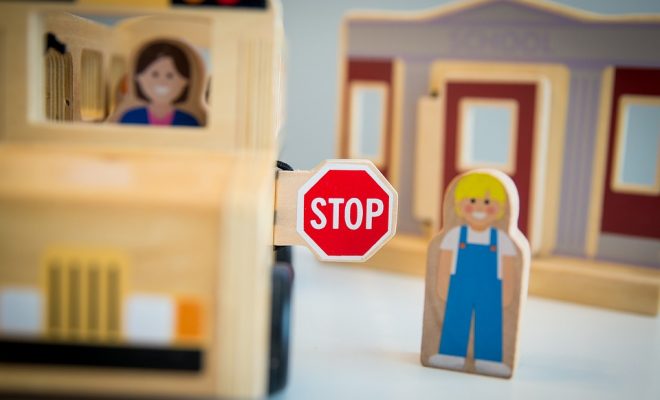To help resolve the Flint water crisis, a university leans on its community

Suzanne Selig, University of Michigan
The tragedy of the Flint water crisis has captured national and international attention, with people expressing shock and disbelief that residents of a U.S. city in the 21st century can be denied a basic human right: access to a safe water supply.
Along with the intense media attention to this issue, there has been boundless and conflicting information about the cause of this crisis and what actions should be taken by those affected. How should the people of Flint minimize the damage from toxic chemicals and protect themselves now and in the future?
As a longtime resident of Flint and a public health scholar, I saw the need for a multifaceted approach to educate the community about the complexities of this problem and to address the grave concerns of Flint residents.
Distributing printed materials to parents through medical providers’ offices, Internet and social media sources does not reach all those who are seeking information. To supplement and complement those information sources, we developed a course focused on the water crisis and invited the community to attend.
With this new model of education, we hope to educate members of the community and at the same time, gather crucial information to inform the response to this public health crisis.
Making sense in a crisis
As a public health scholar at the University of Michigan-Flint since 1980, I recognized early in my career that solving public health problems requires community engagement and careful listening to the voices of those most affected by those problems.
This idea informs my scholarship and teaching and is continually reinforced through rich, vital, productive and longstanding partnerships with the Flint community. It’s how I think about “community” and the role that an urban-placed university should play in promoting the health and well-being of its city.
As the crisis unfolded, it was clear we needed a university course for students and the community to come together and address our epic crisis. We wanted to create a forum within which students and community members could come together to learn and better understand the breadth of the issues related to the crisis.

Members of the Michigan National Guard were deployed to distribute water to residents of Flint, part of the response to lead contamination in its water supply.
Rebecca Cook/Reuters
Before the crisis moved into the national spotlight, a Master’s of Public Health student, Marla Sievers, at the University of Michigan-Flint began investigating the toxicity of the water, looking beyond its discoloration.
Her interest, along with that of several prominent public health figures with close ties to the university and an epidemiologist on our faculty, prompted me to design a for-credit university course that would be available at no charge to community members.
The community has been flooded with information, but the information has not been synthesized in a helpful manner to answer basic questions, such as whether it’s OK to shower in your home.
Demonstrating dialogue
A small group of committed and interested partners began meeting biweekly beginning in October to develop the course. The community members of the planning group were absolutely essential in the development and formulation of this course.
We initially did some brainstorming about the issues and information that had been disseminated about the water crisis and soon realized that much of this information would not reach those who needed it most – those who do not take their children to a pediatrician, or are disinclined to read print material disseminated by government agencies in which they have lost trust.
We generated names of possible experts who could provide insight into each of the issues. The course will have eight two-hour classes, with the first hour dedicated to brief presentations by a panel of the experts, followed by open dialogue with the students and community residents.
The format allows us to address various related topics in some depth, which achieves one objective of going beyond a superficial understanding of the issues.
Although this course on the water crisis is unique in its scope and size, this model of bidirectional learning among the students, panel experts and community residents is an expansion of a model I developed for a Cultural Competence in Health Care course in the 1990s.
In that course, which addresses issues of racism and discrimination, a community partner joined me as a coinstructor to give students the opportunity to hear firsthand from an African-American instructor who experiences discrimination on a daily basis, thus making the issue “real” for more privileged students.
Evaluations from this earlier course continually point to the value of the interracial dialogue between the two instructors to model how sensitive topics like racism can be discussed in a constructive and respectful manner.
Gathering information from the community
One of the objectives of the water crisis course is to create a bidirectional dialogue between the residents and the panel experts from academia. We want the university students to observe the richness of dialogue when community resident “experts” have an opportunity to voice their concerns and share their perspectives and experiences.
The panel of university experts has an opportunity to hear directly from and learn from the residents affected. Such a model enables students to better appreciate the views and insights of nonacademic community residents and the depth of knowledge that they possess, which leads to valuable and respectful partnerships for the future.
Another objective of the course is to further enhance participants’ and attendees’ skills to unpack the layers of complexity of this crisis, encouraging them to think deeply and critically about this and other complex public health issues.
The full story of the Flint water crisis is still unfolding, and nearly each day new information requires a revised lens to address new issues, such as worries over an outbreak of
Legionnaires’ disease, lack of transparency from government officials, ambiguous lines of authority between federal, state and local officials, and recycling challenges related to the influx of hundreds of thousands of bottled water donated to the community.
Path forward
Topics that will be covered in the course include: what happened and how we got here; public health and water safety; the science of water delivery; the health implications of the water crisis; economic and social justice issues; the political backdrop to the crisis; and preparing for the next crisis.
At the time of this writing, the first session has just been offered. We had about 150 participants, with approximately 20 residents asking questions of the panelists and requesting that additional sessions be added.
An experienced and skilled moderator managed questions and comments from some impassioned and intense participants, setting a tone of inclusiveness and comfort that kept many of the attendees lingering for nearly an hour after the official end of the program.
The residents of Flint are still trying to understand how best to deal by the problems created by the water crisis. Connecting people from the community with experts in academia is one way to find the best path forward.
![]()
Suzanne Selig, Professor of Public Health and Health Sciences, University of Michigan
This article was originally published on The Conversation. Read the original article.




